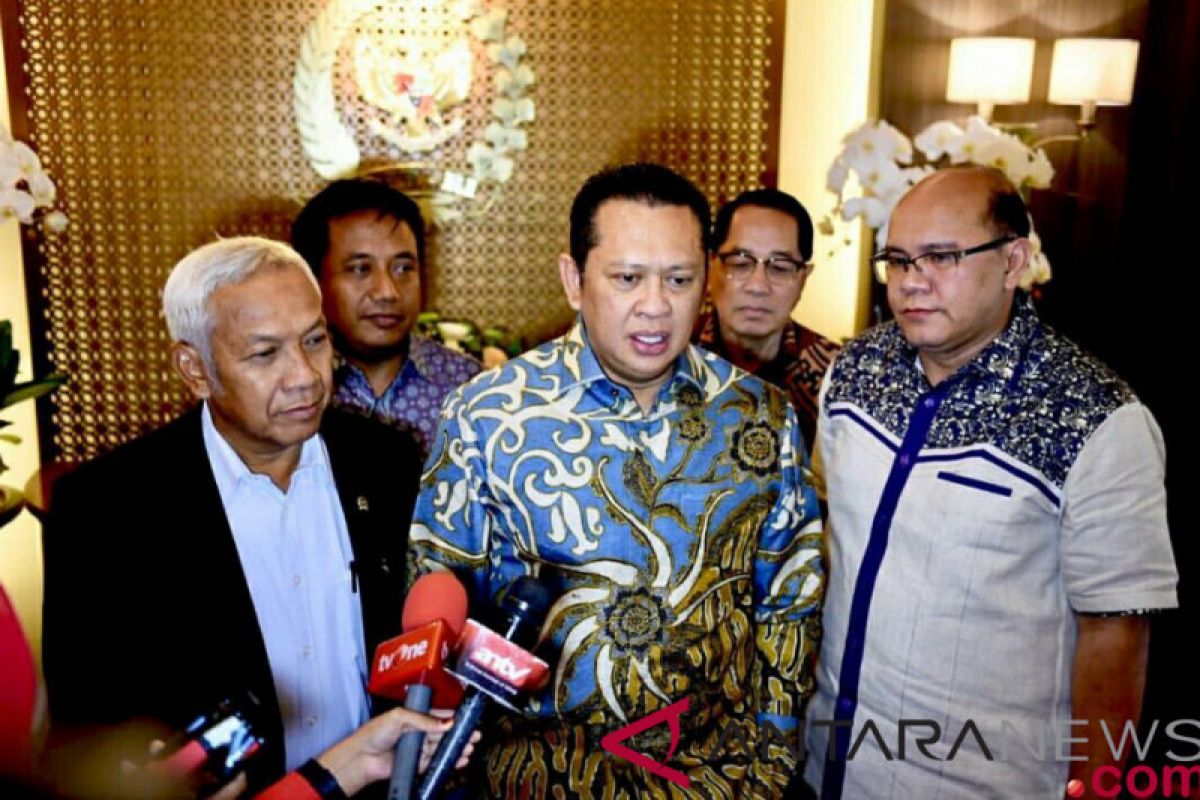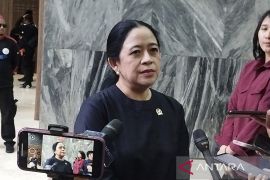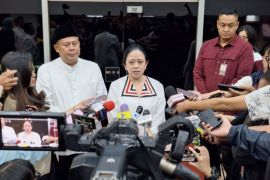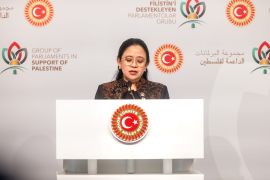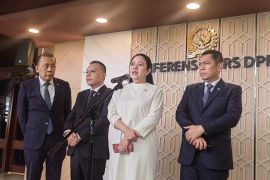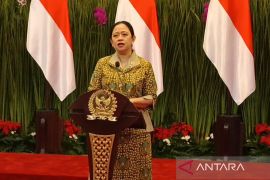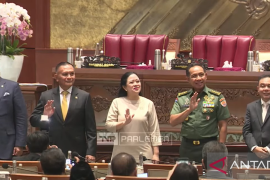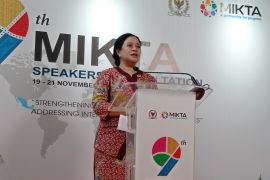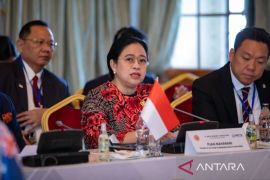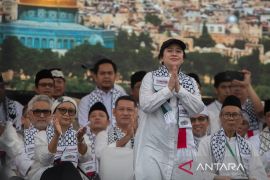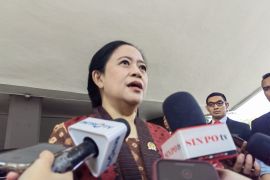"I convey my deepest condolences to the victims and their families. Their sacrifice in upholding democracy in Indonesia will not be in vain," Soesatyo said in a statement here Monday.
He appealed to the government to compensate the families of those who lost their lives.
The senior Golkar politician also urged local administrations to provide free medical services to election officers, police and military personnel, who fell ill during election duty.
"In fact, from the onset, they should have been covered with life and medical insurances. Families of the officers who are either sick or dead should have been helped by the State," he added.
"The election system is complex and polling stations located in regions with a difficult terrain can result in exhaustion and physical pressures that are unavoidable. Organizing an election can be time-consuming and can even claim lives," he remarked.
While the duration of the campaign was very long, the election process itself was complicated, and the field officers were not covered by any insurance schemes, he noted.
The government should learn a lesson from this year's elections and make a note for the future, he said.
The public would like to see a better-organized election the next time, and this necessitates a change in the system, he stated. The changes must be carried out from top to bottom and safety of field officers must be made a priority, he added.
Meanwhile, reelection will be held in the provinces of Banten, East Java, South Sulawesi, West Sumatra, Jambi, and Papua, among others. These were due to several factors which included delayed delivery of election logistics, natural disasters, or cases of poll violations.
The House Speaker appealed to the KPU, local KPUs (KPUD), and the Election Supervisory Board (Bawasu) to ensure that revoting is conducted free of any violations and lapses.
"The KPU, KPUD, and Bawaslu must ensure that no further violations or errors occur during revoting," he said in a statement on Monday.
He asked the KPU to examine issues that arose during the 2019 simultaneous legislative and presidential elections and ensure that the poll results were based on the principles of free and fair elections.
Indonesia held the world's biggest and most complicated single-day vote on April 17, 2019, at some 810 thousand polling stations across its 34 provinces and overseas.
The count of eligible voters crossed 192 million, and the voter turnout was expected to surpass 80 percent.
Translator: Imam Budilaksono, Fardah
Editor: Rahmad Nasution
Copyright © ANTARA 2019
